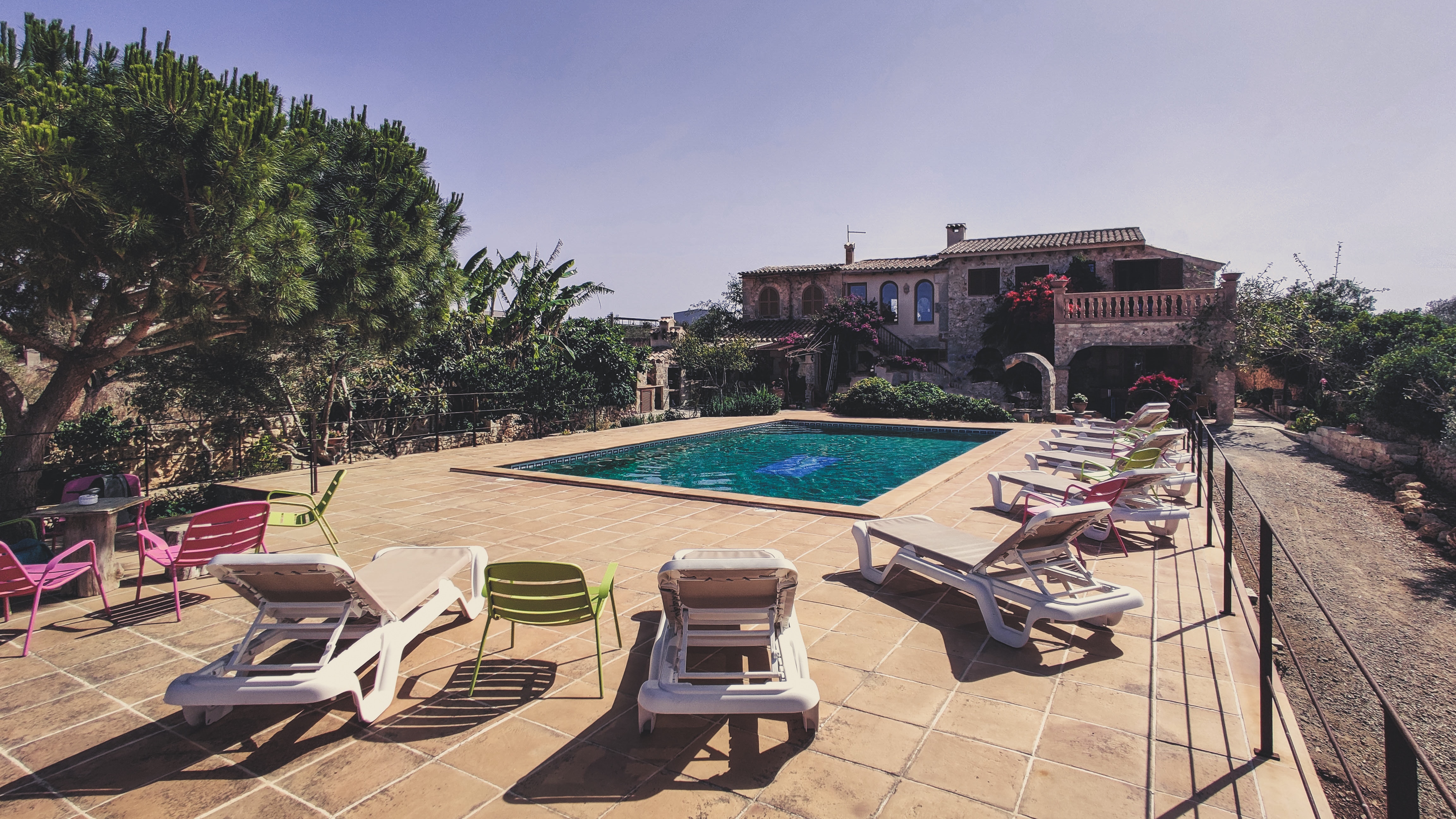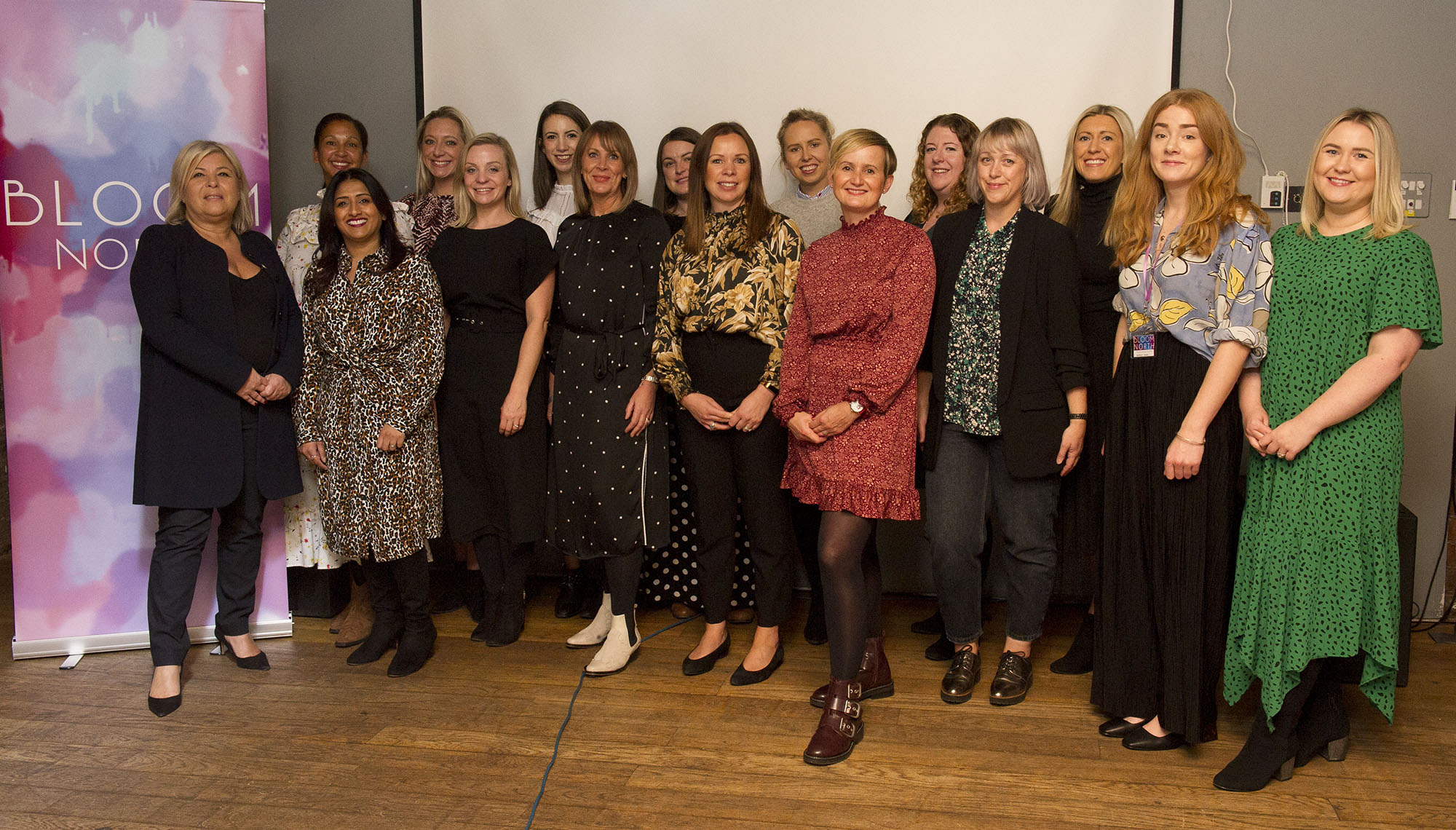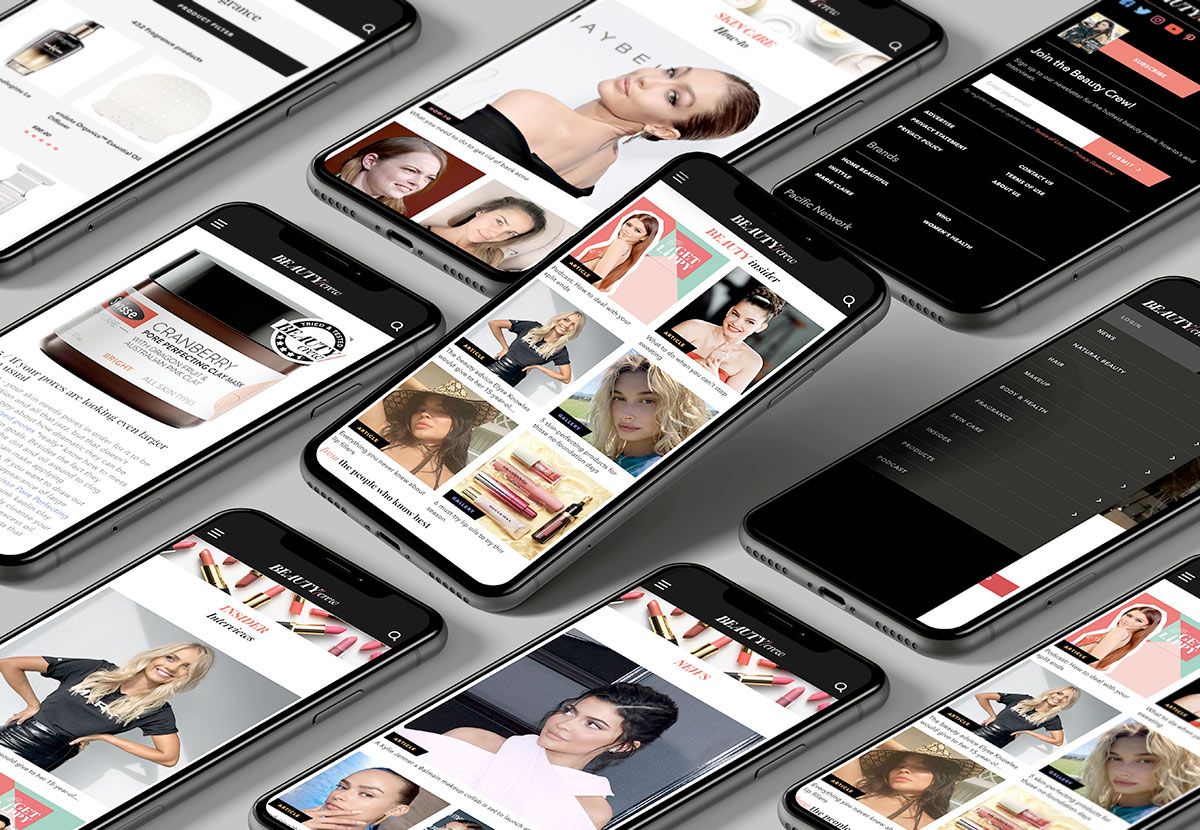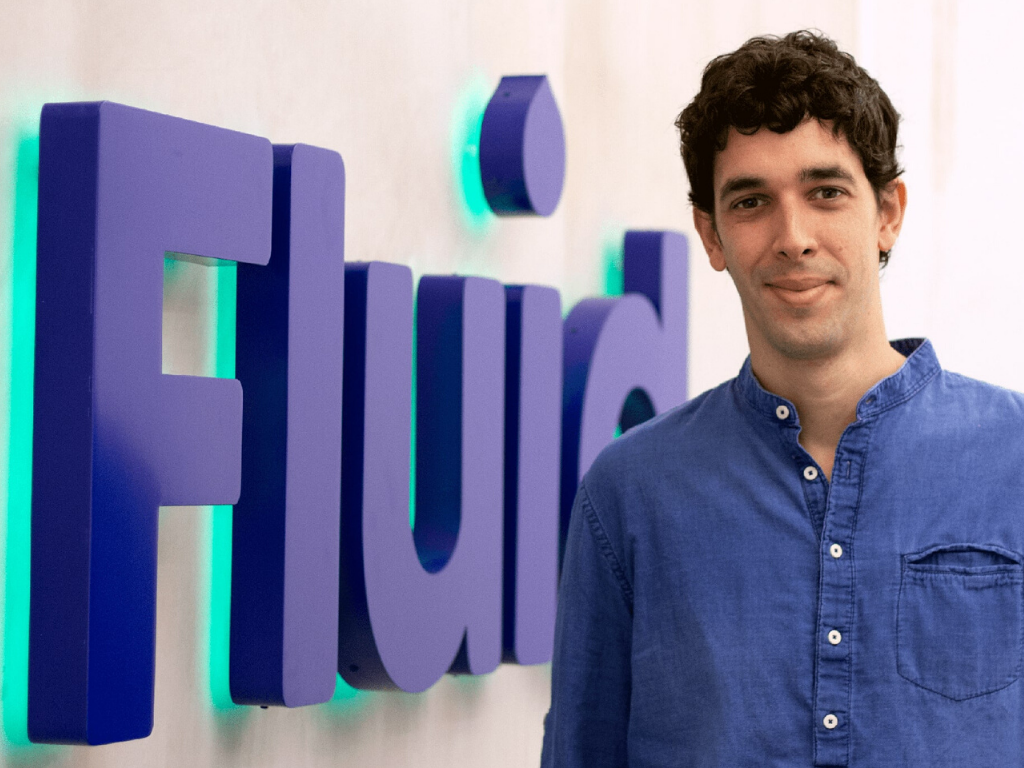
So it's no surprise that it has become a major marketing moment throughout the years. To further emphasise the scale of Love Island's marketing, let's take a look at some stats: in 2021, ITV made an incredible £73 million from Love Island, most of which came from its brand links, including I SAW IT FIRST, Spotify, WKD, Boots, JD Sports, Just Eat, Tinder, Cloud Nine, and Wrigley’s Extra.
Brands such as I SAW IT FIRST have taken on the Love Island look as their brand personality, ultimately shaping their styles and marketing around Love Island trends. It’s safe to say that the Love Island season is a significant marketing opportunity for brands, even those that aren’t officially connected to the show but who use the hype and inspired looks to engage consumers.
Is Love Island A Losing Game?
However, Love Island is a pretty risky business for brands to be involved in; in 2021, there were some record-breaking Ofcom complaints; viewers in a single episode made as many as 25,000 complaints following an argument between two contestants (Faye and Teddy), where the former was accused by viewers of verbally abusing Teddy.
In the age of social media and the growing social awareness amongst youths and adults alike, both Love Island and their affiliated brands have to grapple with a new audience or risk a social media call-out.
The Look of Love Island
For years Love Island has been consistently criticised for its lack of racial, gender, body, and sexual diversity, as well as unsustainable practices. Its usual partnership with fast fashion brands such as Missguided and I SAW IT FIRST, who have previously dressed the Islanders, hasn’t helped this image.
But, it seems 2022 was a changing point after producers announced that pre-loved retailer eBay would be dressing this year’s Islanders. Love Island and its contestants have often been criticised for its promotion of fast fashion and unethical production standards; the move to eBay suggested an awareness from producers of the shifting standards of viewers.
The chief marketing officer at eBay UK, Eve Williams, said “We are such an unexpected partner to Love Island, which is what we believe makes us an even more impactful pairing. We have been really pleased by the reaction to the partnership so far.” This might reflect a changing mindset of Love Island producers or at least a consciousness of increasing unhappiness with the show’s perceived morals and declining number of viewers.
While Love Island can pick which brands it chooses to officially partner with, it has no control over how other brands decide to join in on the Love Island frenzy.
Additionally, it can't control which brands ex-Islanders work with. This unofficial marketing has a massive impact on the overall image of the show. So, it raises questions about what brands can do to adapt to the changing face of Love Island without isolating their target consumers. Brands such as I SAW IT FIRST still want to be reaching Love Island viewers through their partnerships with Islanders like Lucinda Strafford.
But is this going to become a redundant marketing strategy if Love Island-inspired branding is no longer in line with the growing message of sustainability promoted by Love Island? Well, it seems the focus is shifting onto the Islanders to uphold more ethical standards.
The World of Influencers and Body Positivity
Body positivity is a growing focus of social media users, and many look to influencers to destigmatise curves, rolls and cellulite. Working with influencers, particularly those who are ex-Love Islanders, is a common pursuit of a variety of brands.
However, Instagram influencers often show a narrow range of body types, skin colours, sexualities, and disabilities. So should we be relying on them as the faces of brands? Well, the answer is complicated.
Influencers provide excellent exposure and a recognisable face to brands, and many influencers are shaking up how they engage with their followers. It seems more ex-Islanders are using their platforms to talk about social issues such as body positivity, racism, and mental health.
An example of ex-Love Islanders who have supported body diversity in the series includes Megan Barton Hanson (2018) and Sharon Gaffka (2021). These Islanders have also been using their voices to discuss spiking and sexuality. This might indicate the changing role of Love Islanders in the world of social media, and it may also show the positive voices that Islanders can provide.
Love Island and Mental Health
Love Island has had a tragic history with mental health. In addition to the deaths of two contestants and former host Caroline Flack, many Islanders have expressed the difficulties of adjusting to fame and the hate that Love Island generates.
Alongside growing pressure on Love Island producers to shake up how they present contestants, there has been growing criticism of newspapers such as The Sun, in particular, following the death of Caroline Flack. Islanders have expressed that they felt let down by the show and have been quick to express their support for better mental health support on the show.
A clear example of this is season five’s Dr Alex, whose TikToks around a range of mental health issues have opened up conversations around suicide, anxiety, and depression. Dr Alex offers an example of the changing role of ex-Islanders on social media and the positive impact their social media platforms can have.
Since his exit from the Villa, Dr Alex has gone on to become the Youth Mental Health Ambassador to the government and has worked for greater education of mental health in schools.
Dealing with Racism and Ableism on the Show
Love Island is never without its scandals and outrageous drama, that's what makes it so watchable, but viewers have been quick to call out the Instagram-based stars on their behaviour with increasing ferocity. A recent argument over social media involving season five contestants Yewande Biala and Lucie Rose Dolan highlighted some of the problematic behaviour of the Islanders.
Lucie Rose Dolan was called out for her refusal to learn how to pronounce Yewande's name, and fellow Islanders from season five also expressed their awareness of microaggressions towards people of colour on the show. This situation is one example surrounding the conversation of influencers and the platform that Love Island and Instagram, more broadly, give to them.
Included with mental health counselling, training on coping with trolling and social media exposure, Islanders also had to participate in inclusion training during the 2022 season. This training discussed how to use inclusive language about disabilities, race and sexuality, what microaggressions are and the impact that they have.
Moving Forward
The craze around Love Island seems to be holding steadfast, so we understand why it’s such a significant marketing opportunity for brands. Despite this, it can be difficult to navigate the risks of the show, and the best practice for Love Island branding will likely change over the next few years.
However, there were some big shifts happening in last year's season of Love Island, and to be honest, it’s got people feeling more hopeful that the show can be a more positive and inclusive space. It seems that Love Island could be an opportunity for brands to open themselves up to changes in their branding whilst still reaching their target audiences.
There is an increasing urgency for brands to become more sustainable and inclusive, so it would be no surprise if more brands follow the lead of Love Island in making more sustainable and inclusive choices.









